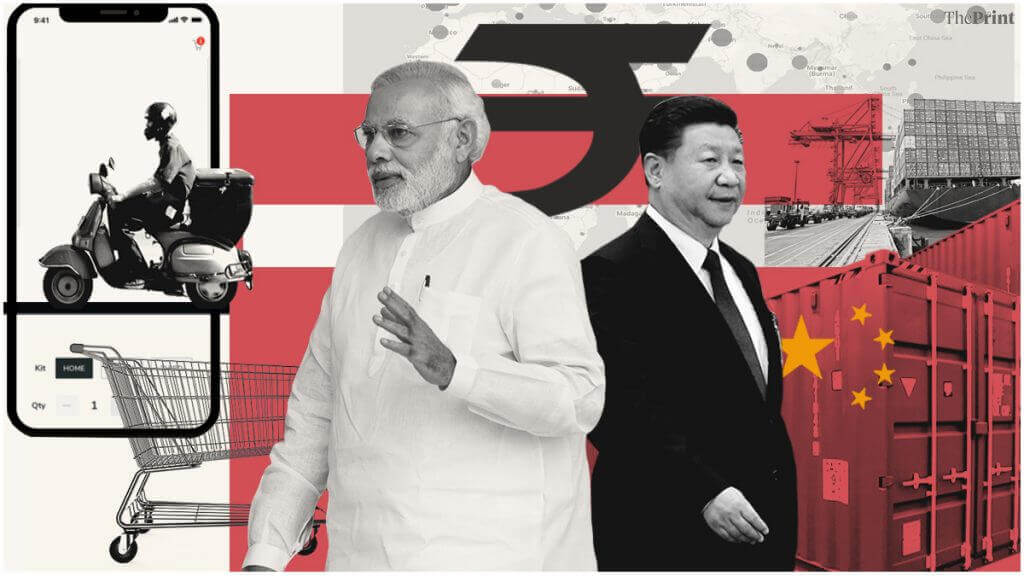In a major change to its foreign direct investment (FDI) policy, the Indian government mandated that all investments from neighbouring countries, including China, now require government approval. This effectively closes the ‘automatic route’ for these nations investing in India. China protested these changes, saying that they violate World Trade Organisation’s (WTO) principles of non-discrimination, and free and fair trade.
Without naming China or any other country, the amendment to the FDI rule states, “A non-resident entity can invest in India, subject to the FDI Policy except in those sectors/activities which are prohibited. However, an entity of a country, which shares a land border with India or where the beneficial owner of investment into India is situated in or is a citizen of any such country, can invest only under the Government route.” The new FDI policy, which was already applicable to investments from Bangladesh and Pakistan, now applies to China, Nepal, Bhutan, and Myanmar.
Subsequently, on Monday, China raised objections to India’s Department for Promotion of Industry and Internal Trade (DPIIT) revising its foreign investment policy. China argues that it makes it more “difficult” for companies to “invest” in India.
Ji Rong, a spokesman at the Chinese embassy in New Delhi, said that “the impact of the policy on Chinese investors is clear” and hoped that India will revise its “discriminatory practices” and treat investments from different countries “equally”.
The Chinese Embassy said, “The additional barriers set by the Indian side for investors from specific countries violate WTO’s principle of non-discrimination and go against the general trend of liberalization and facilitation of trade and investment.”
The revision in policy is seen as a response to reports about Chinese attempts to take over Indian companies that are in stress due to the coronavirus lockdown and the ongoing cycle of economic slowdown in the country. In fact, the Indian government cited concerns of “opportunistic takeovers and acquisitions of Indian companies due to the current COVID-19 pandemic”. Moreover, the announcement came on the back of the People’s Bank of China (PBoC) raising its stake in India’s largest non-banking mortgage provider, HDFC, from 0.8% to 1.01%.
After growing concern across the world that Chinese companies are buying cheap, distressed assets weakened by the COVID-19 pandemic, countries such as Australia and Germany have also reportedly tightened their FDI policies in recent weeks to protect their companies.
Image Source: The Print
China Objects to India’s Revised FDI Policy
India now requires government approval for all investments from neighbouring countries.
April 21, 2020

